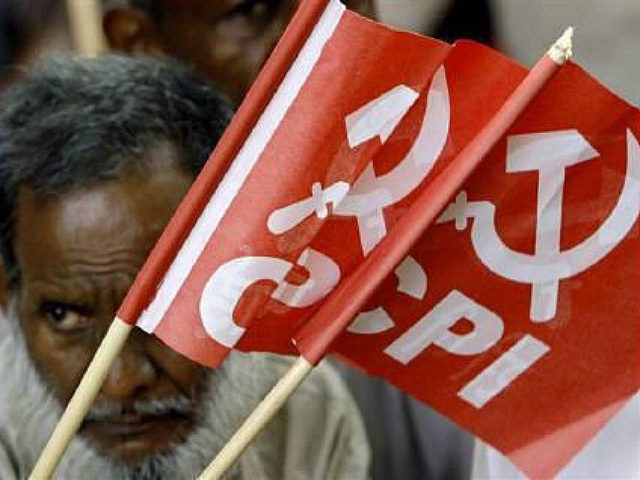An Indian politician named his sons Communism, Socialism, and Leninism, as the family staunchly identifies with the nation’s Communist Party.
“My forefathers were communists and so am I,” said Mohan, a member of the Communist Party of India. “Communism is in my blood. So, the names seemed appropriate for my sons.”
From Times of India:
Mohan’s oldest son Communism is a 24-year-old advocate, who has been practising for the past one year. His younger sons, Leninism and Socialism, both hold BCom degrees and run a silver anklet manufacturing unit. Communism said he quite enjoys the fact that he has an unusual name. “If I say my name, it never fails to raise eyebrows. It’s unusual and people always want to know why I’ve been named Communism,” he said.
Communism also said that the advocate he works for took him under his wing because of his name.
Mohan appears on the ticket for Salem’s Veerapandi constituency. His sons cannot wait to join him on the campaign trail.
“No, we didn’t have a difficult childhood with these names. We only got extra candy,” said Communism. “While I enjoy the attention, I’m not just my name, you know. Sometimes we get quizzed about whether we know what our names mean. Some people also ask me if it’s dead. I say I don’t know about that but at least it’s alive in my name.”
Socialism enjoyed his popularity.
“But if you ask me about what Socialism is, I say I know nothing, that’s the part I don’t enjoy,” he admitted.
A small group of Indians established the Communist Party of India on December 26, 1925. However, it did not gain any traction until they legalized the party in 1942. It came in full force after India gained its independence in 1947. The party “demanded social equality for women, suffrage for all adults, the nationalization of privately owned enterprises, land reforms, social justice for the lower castes (including those formerly called untouchables), and the right to protest through demonstrations and strikes—all of which increased the party’s popularity.”
Things went downhill in the 1960s after a split in ideas between the Soviets and Chinese communists along with “border clashes between India and China.” Some members broke apart to form the Communist Party of India (Marxist) or CPI(M).
Friction did not last as the CPI and CPI(M) joined forces to develop “governments in the states of West Bengal, Tripura, and, intermittently, Kerala.” The CPI won ten seats in the 2004 Lok Sabha elections.

COMMENTS
Please let us know if you're having issues with commenting.